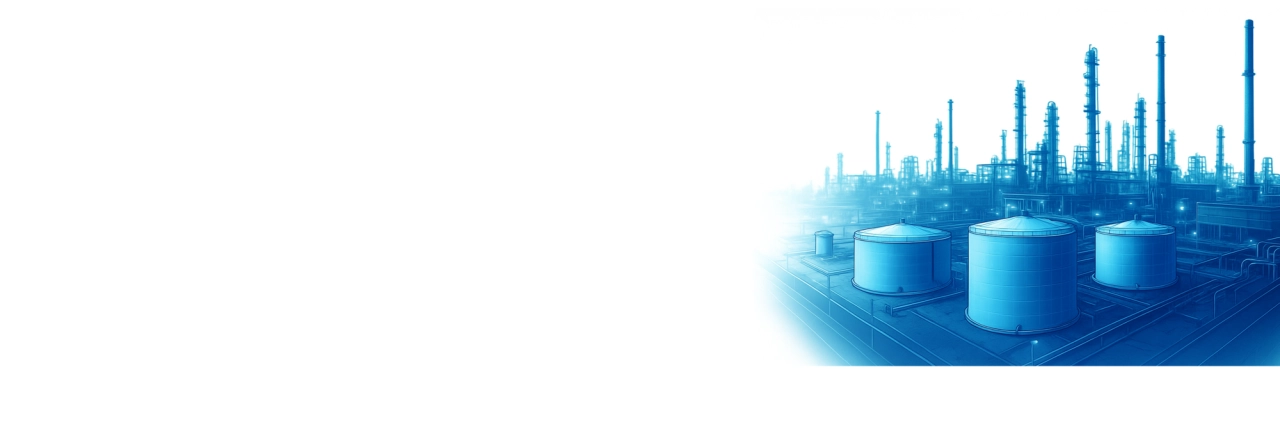
Phillips 66 Case Study
From Challenge to Confidence - Real-World Results
MIS Marine is the Marine Assurance software provider for Phillips 66
Phillips 66 is an integrated energy manufacturing and logistics company, involved in the processing, transportation, storage and market of fuels and products globally.
We spoke with Derek Thompson, Manager, Global Logistics Assurance for Philips 66 to gain an understanding of their marine assurance practices, the risks and challenges the company is currently taking steps to mitigate over 2024 and the supporting role MIS Marine provide.
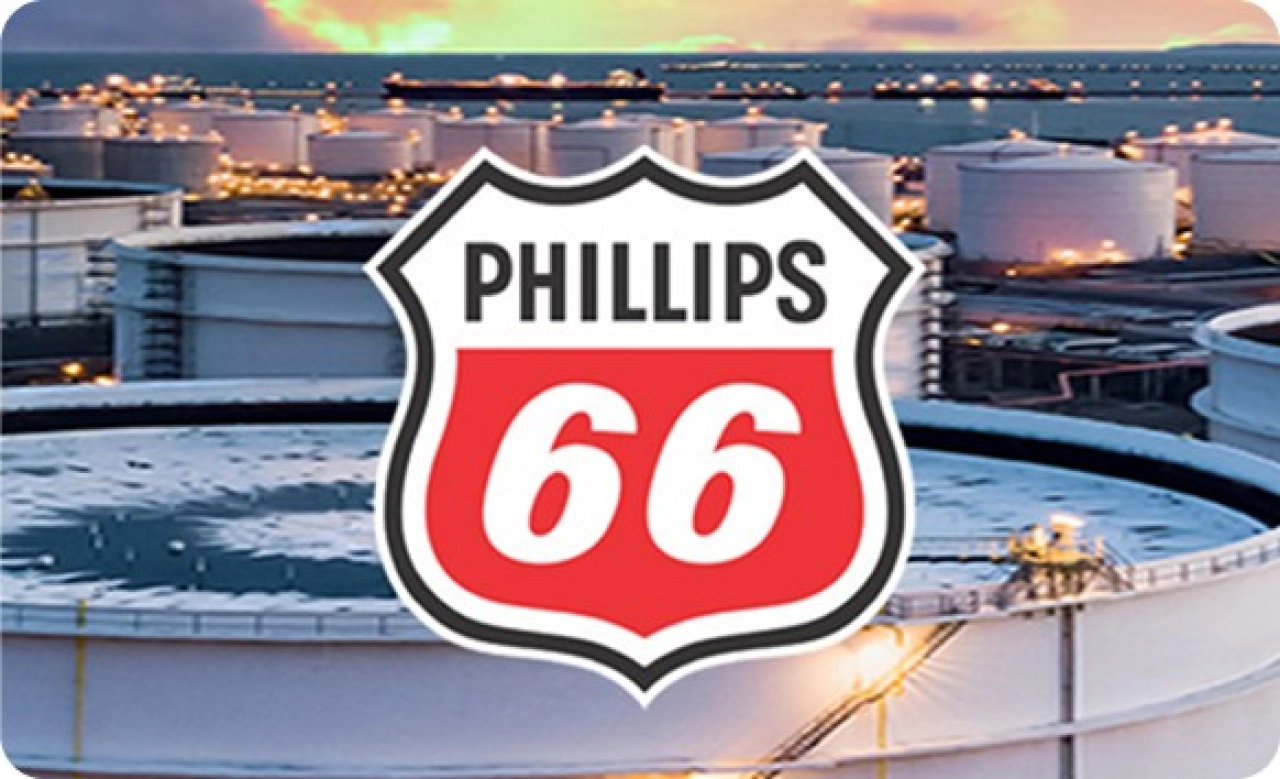
What are some of the challenges P66 faces in terminal operations?
The marine assurance team faces several challenges regarding marine terminal operations. One of the crucial factors for successful vessel call optimization is vessel schedule reliability. However, several factors, such as weather conditions, mechanical issues, or delays in previous ports, can impact the reliability of vessel schedules. Efficient berth allocation can be challenging due to port congestion, occupied berths, berth constraints, or tank space, leading to long waiting times before entering the port. It is essential to have a mutual understanding between ship and port stakeholders about how each function and their existing constraints. We need holistic vessel/port call optimization approaches that support communication and data-sharing to enhance predictability for both sides. The contracts between the charterer and vessel operator expect the ability for a vessel to berth upon arrival for ships that arrive on schedule. The terminal operator can often incur penalty payments if he cannot provide a berth to a vessel within its window.
Tides can significantly affect the accessibility of specific berths, especially in ports with a significant difference between high and low tides. Minimizing tidal impact on a terminal’s efficiency requires careful planning and scheduling to ensure vessels can safely and efficiently dock and undock. Misjudging the tide can lead to delays, hindering the scheduling of other vessels and terminal operations. It is crucial to have accurate tide tables and effective communication with the vessel’s captain and the port authority to manage this challenge.
Smooth marine terminal operations require careful planning, robust safety measures, and constant monitoring. Despite these challenges, our team is committed to providing safe and efficient cargo movements across our terminals through management, assurance activities, relationship management, training, and regulatory compliance.
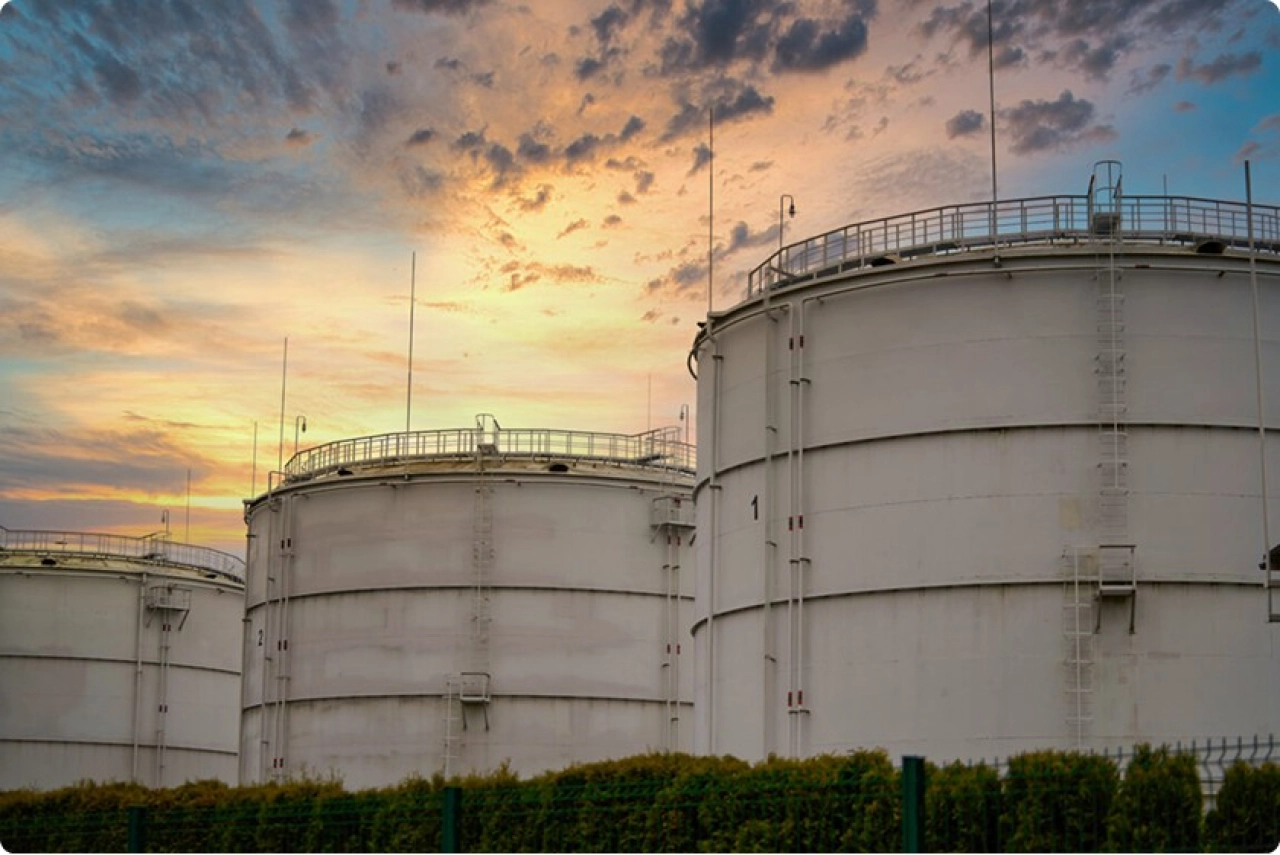
To start any optimization effort, consistent and complete data collection is necessary.
How is P66 approaching marine terminal optimisation?
Improving a terminal’s utilization and throughput can be achieved by identifying and reducing terminal delays. To start any optimization effort, consistent and complete data collection is necessary. We can only succeed in this endeavor if data collection happens at the source without adversely affecting the execution of the vessel call. We use Mainstay’s Event Logging feature to accurately and wholly collect all time-based events during a vessel call. With Mainstay, we can categorize delays by responsible party and type, compare chunks of time during the vessel call by the terminal, dock operator team, vessel operator, product, etc., and identify the least time-consuming evolution to expand that best practice to the entire ecosystem. We also have an accurate record of delays and associated documentation to reduce the effort around processing demurrage claims. More so, we can inform relevant users in real-time when delays occur, facilitating awareness and closer collaboration to minimize the delays.
Our terminals take pride in their work toward vessel call optimization. They use Mainstay to look for ways to improve their operational efficiency continuously.
When we identify delay causes beyond the terminal’s control, we collaborate with vessel operators and other third parties to reduce the impact of the delays. This way, marine terminal optimization benefits everyone involved. Mainstay enables all stakeholders to visualize and understand their effect on the vessel call length. For instance, we can compare cargo inspector call-out durations over a year and determine if one company has a substantially quicker response time. We can identify why and adjust to improve our other partners’ call-out response.
Mainstay quickly processes vetting requests and compares each nominated vessel with our risk matrix.
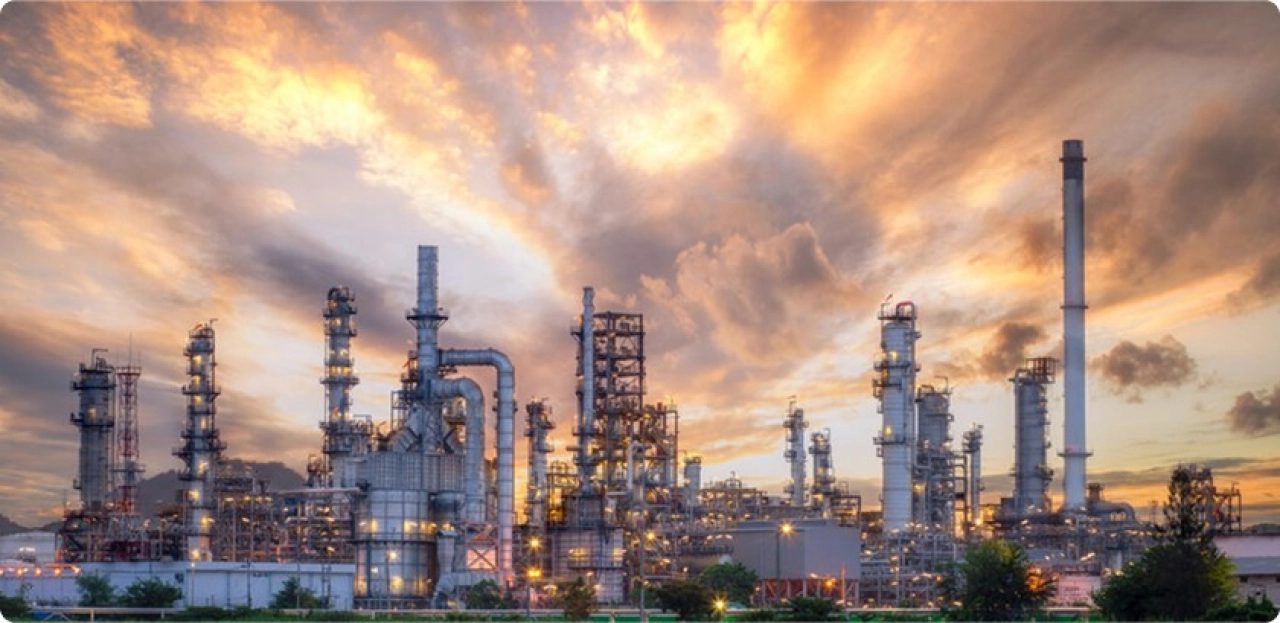
Do you perform your vetting and port clearance activities in-house or use a third party?
We believe in completely controlling our risk management and vetting processes within P66. This approach offers numerous benefits, including control over standards and requirements specific to our operations, improved communication and quicker decision-making, deep knowledge and expertise in vetting and compliance, cost savings by eliminating third-party service fees, customization to our specific needs and risk profile, and real-time updates and responses to any issues that may arise.
To achieve this, we use Mainstay, which provides the flexibility required for our group of terminals and various vessels. Mainstay quickly processes vetting requests and compares each nominated vessel with our risk matrix, providing valuable information for our vetting team to approve or reject a vessel for a specific cargo. We can also take suggested actions for ships not meeting our risk tolerance threshold.
Using Mainstay increases the number of vetting requests each team member can manage without increasing the risk of overlooking something. Mainstay’s Port Clearance feature ensures we only nominate vessels suitable for our terminals.
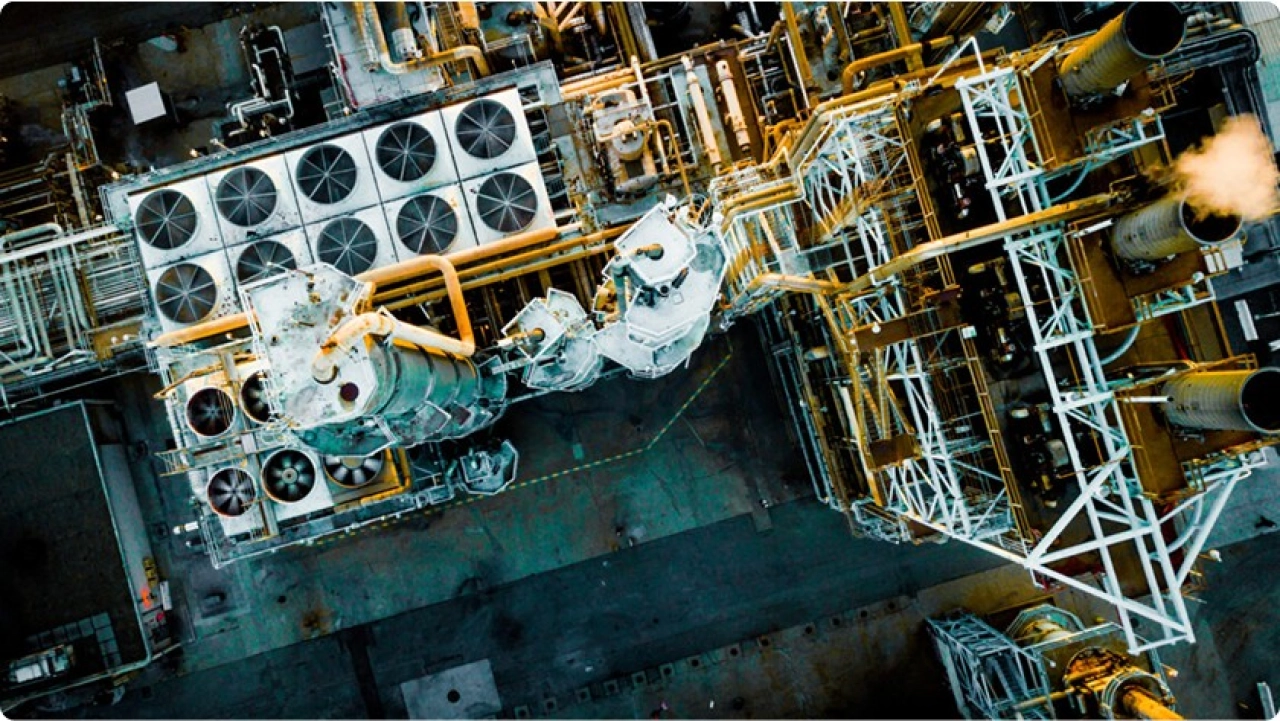
Effective communication allows for anticipating potential hazards and implementing safety measures necessary when creating the ship/shore interface.
How crucial is ensuring that pre-arrival communications with the vessel are correct? And what are the consequences of not doing so?
It is vital. Each terminal has its unique characteristics that the vessel must be aware of to ensure the safety of the crew, the vessel, and the terminal. Effective communication allows for anticipating potential hazards and implementing safety measures necessary when creating the ship/shore interface.
Moreover, timely and accurate exchange of information can help optimize vessel call activities such as cargo inspections, pre-transfer meetings, managing vessel slops, and coordinating shore leave for the crew, contributing to overall operational efficiency. Additionally, effective communication can help mitigate risks associated with docking, transfer, and departure, such as potential damage to the ship, the cargo, or our terminal.
We use Mainstay to manage any pre-arrival communications. It allows us to build standard forms that can be prepopulated with information we already know, reducing the burden on the vessel operator and giving them the flexibility to change the answers while keeping our information comprehensive and current. Mainstay also leverages our membership access to organizations like OCIMF to aggregate vessel characteristic data, ensuring we have the most accurate and up to date information.
By using Mainstay, we avoid safety risks and operational delays. Inadequate communication can increase the risk of incidents at our facilities, and lack of timely and accurate information can lead to delays in arrival or departure, which can have significant financial implications.
Mainstay helps us prioritize effective, timely, and accurate pre-arrival communication.
We recognize that operational efficiency is crucial to improve terminal performance.
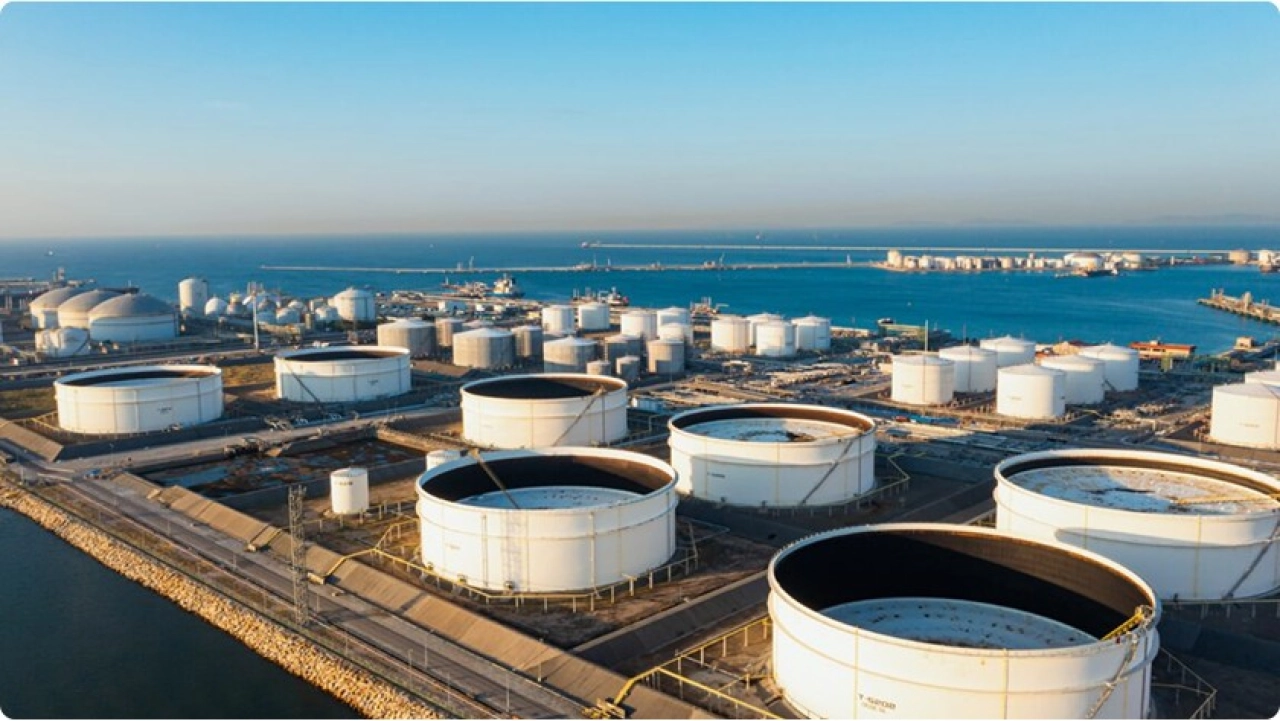
What are your key focuses heading into 2024 regarding marine assurance and risk?
As we approach 2024, our marine assurance team focuses on optimizing terminal and dock operations, enhancing efficiency, and mitigating delays. We recognize that operational efficiency is crucial to improve terminal performance, as inefficiencies can affect the refinery’s production plan, leading to increased costs and delays. We use Mainstay to manage risk and operations effectively. By optimizing our terminal processes, we can reduce the risks associated with docking, cargo movements, and departure. Mainstay will help us achieve our objective of increasing operational efficiency, leading to significant cost savings. We will measure our performance using Key Performance Indicators (KPIs) developed by MIS Marine, which provide essential feedback on our progress and help us identify areas for improvement. An optimized terminal ensures continuity of operations and resilience, making us more effective in achieving our strategic objectives.
Real-time data is essential for efficient terminal operations.
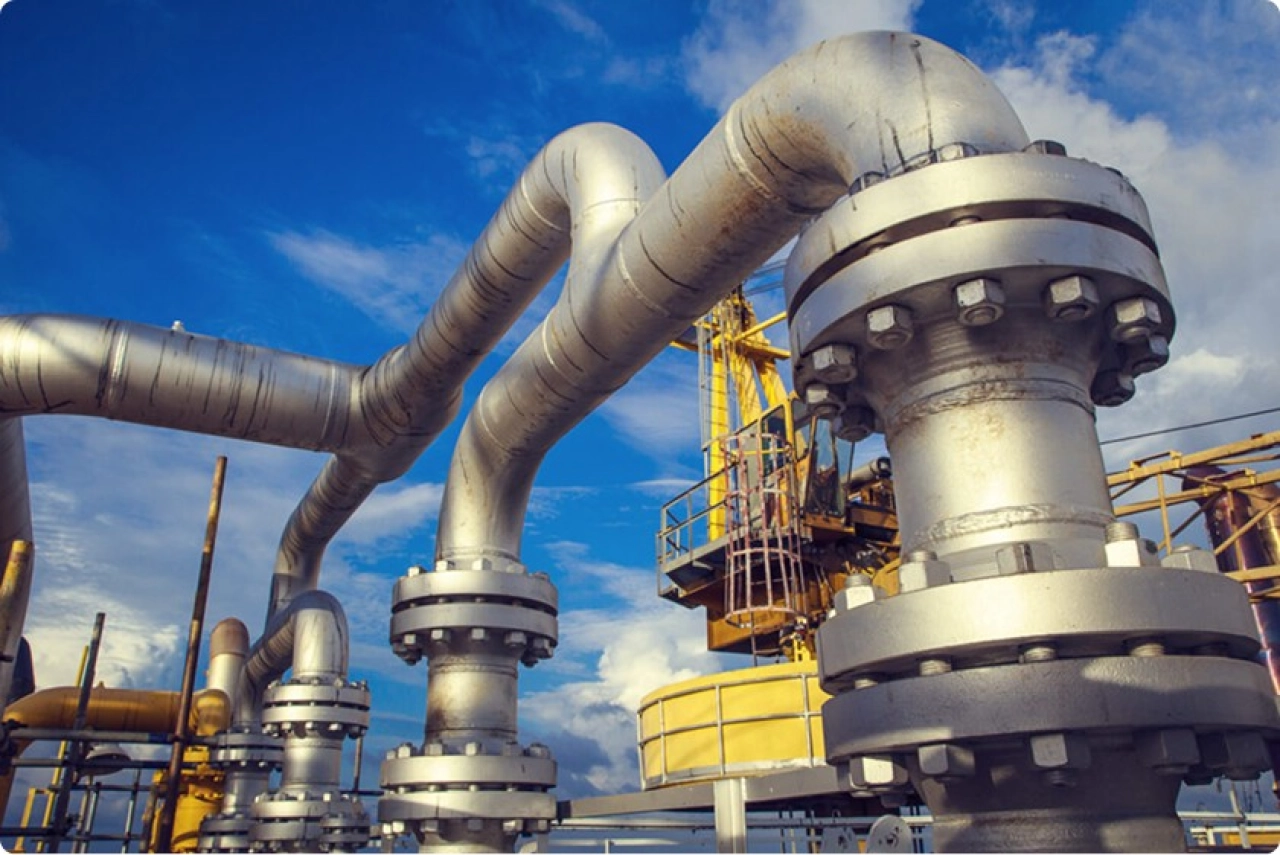
What do you see are the most significant obstacles for terminals in 2024?
Marine terminals face a significant challenge in optimizing data collection, management, and exchange. It can be challenging to gather and integrate large amounts of data from various sources into a unified system. Fortunately, Mainstay offers a solution to this challenge.
Real-time data is essential for efficient terminal operations, but ensuring its availability can be challenging without the right tools. Mainstay provides reliable and accurate data collection, critical for making informed decisions. Inaccurate or incomplete data can lead to inefficiencies and increased risks.
Data collection can be complex and time-consuming, as seen in processes like the Letter of Protest.
Protest negotiation involves careful documentation and communication with multiple parties, which can lead to disagreements and complications. Mainstay helps us generate and manage well-formatted and comprehensive Letters of Protest. We tailor them to the specific situation, including the proper legal terms and details.
This tool is powerful in negotiations and ensures consistency across all protests.
Marine terminals need robust risk and operations systems such as Mainstay to overcome these challenges and optimize operations.
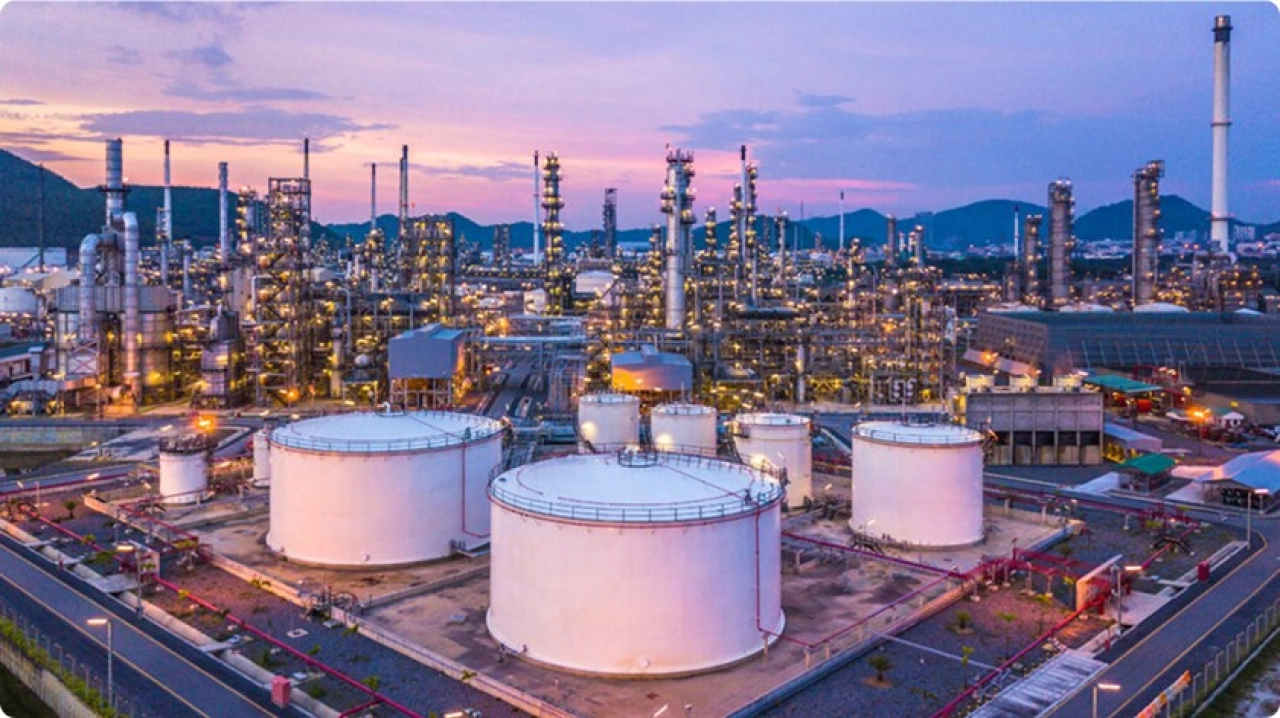
MIS Marine and P66 have built our partnership on adaptability, mutual understanding, and a shared desire for efficiency and user-friendliness.
Can you explain how your partnership with MIS has helped P66?
MIS Marine and P66 have built our partnership on adaptability, mutual understanding, and a shared desire for efficiency and user-friendliness. Their team is willing to listen to our needs and understands that every business has unique requirements. They are adept in improving their software solutions to meet these needs, ensuring that Mainstay meets our operational requirements and still aligns with MIS Marine’s roadmap and business goals.
Improving user experience is a crucial focus of our partnership. User-friendly software can significantly enhance operational efficiency, reduce errors, and improve employee satisfaction. By prioritizing user experience, MIS Marine helps our employees interact more effectively and intuitively with the software.
Our partnership has led to improvements in several areas of our operations. Dock scheduling has been enhanced, leading to better utilization of resources and reduced waiting times. We are streamlining demurrage management, minimizing unnecessary costs associated with detention or cargo delay. MIS Marine has improved Key Performance Indicator (KPI) reporting, providing valuable insights into our operations and helping us make enhanced data-driven decisions.
Moreover, the partnership has instilled more confidence in vetting and terminal fit. With reliable and efficient software solutions from MIS Marine, we can ensure that vessels meet all necessary safety and compliance standards before they dock at our terminals.
In summary, our partnership with MIS Marine showcases how adaptability, mutual understanding, and a focus on user experience can drive operational improvements and business growth.
Derek Thompson, Manager, Global Logistics Assurance
Derek Thompson has over a decade’s experience with Phillips 66, where he has held leadership roles across their terminal management operation.
Today, as Manager Global Logistics Assurance & HSE, he drives marine risk management, berth optimisation and safety performance for the company’s worldwide energy network. He previously directed the Marine Terminals portfolio and earlier built Phillips 66’s terminal assurance programme, giving him hands-on insight from dock to boardroom.
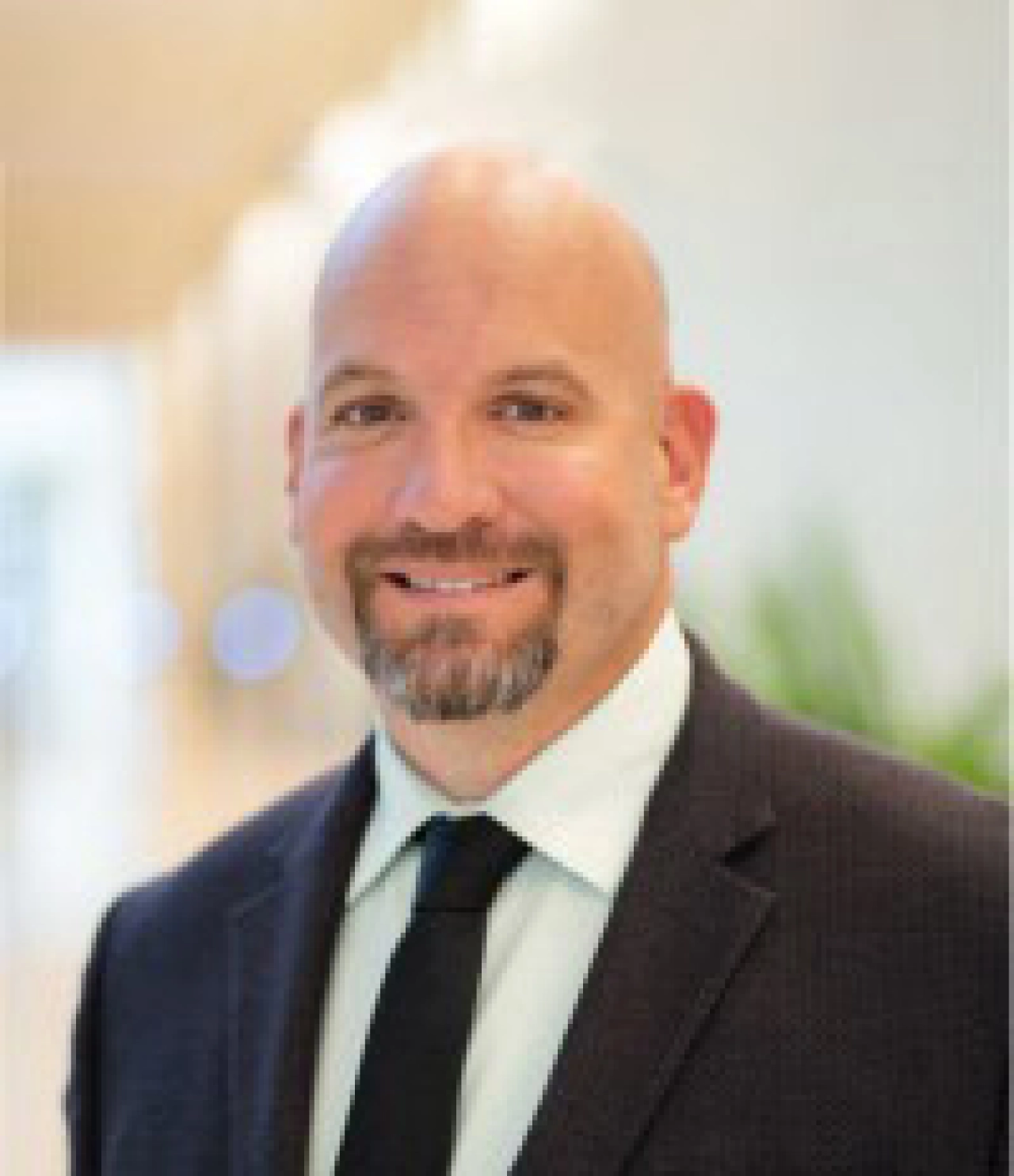
Trusted by Leading Energy Providers
Find out more about our products and why they’re trusted by the world’s leading energy providers